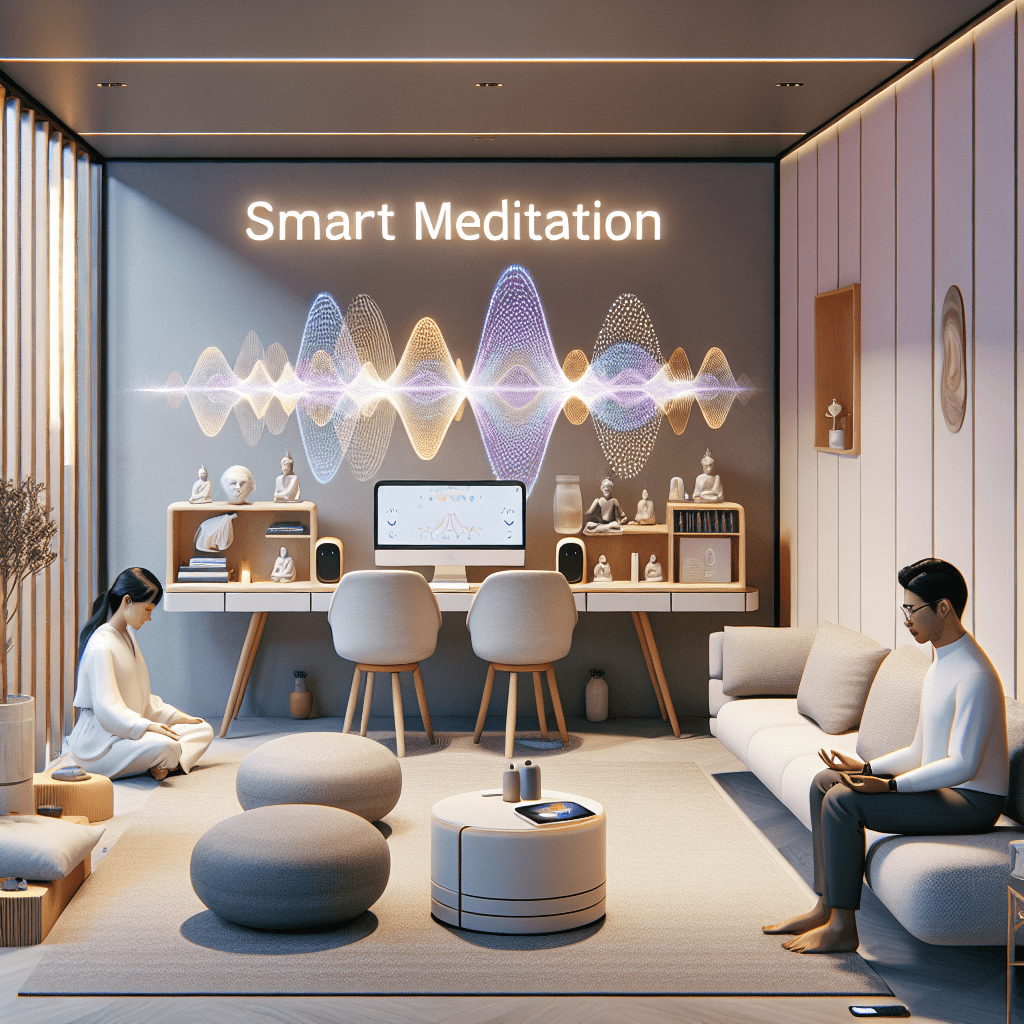
Prioritize your mental well-being daily. Enhance your life by nurturing your mental health with the Smart Meditation app. Break free from stress, alleviate anxiety, and enhance your sleep quality starting today.
Can Meditation Help With Memory?
Unlocking the Mystery of Memory with Meditation
In today’s fast-paced world, where everyone’s racing against the clock, it’s easy to get caught up in the whirlwind of activities and forget the little things. Forgotten keys, missed appointments, or lost train of thoughts – sound familiar? Well, you’re not alone. Memory lapses can happen to the best of us. But what if there was a simple practice that could help sharpen our memory, making those pesky forgetful moments less frequent? Enter meditation, an ancient practice that’s gaining modern validation for its countless benefits, including its potential to enhance memory. Let’s dive into how this mind-calming technique might just be the key to unlocking a sharper memory.
The Science Connecting Meditation and Memory
You might be wondering, “Sure, meditation sounds relaxing, but can it really help my memory?” The short answer? Absolutely! Research is increasingly supporting the idea that regular meditation doesn’t just calm the mind; it strengthens it. Let’s break down the hows and whys.
-
Stress Reduction: Chronic stress is like kryptonite for the brain, impairing memory and cognitive functions. Meditation is known for reducing stress, thereby protecting the brain from damage caused by stress hormones.
-
Enhancing Brain Plasticity: Meditation has been shown to increase gray matter density in parts of the brain associated with memory, learning, and self-awareness. Like working out muscles at the gym, meditation strengthens these brain regions.
-
Improving Concentration and Focus: In the age of constant distractions, our attention spans are taking a hit. This scatterbrain syndrome can mess with our memory. Meditation teaches the mind to focus, which is a cornerstone for solid memory retention.
-
Boosting Sleep Quality: Let’s not forget the power of a good night’s sleep on memory consolidation. Meditation can improve sleep patterns, ensuring that memories are properly filed away during the night.
Practical Tips to Get Started
Convinced that meditation might be worth a shot? Here’s how to dip your toes into the tranquil waters of meditation, without feeling like you’re drowning in confusion.
-
Start Small: Don’t dive into the deep end expecting to meditate for an hour straight. Begin with just 5 minutes a day, gradually increasing as you become more comfortable.
-
Consistency is Key: Like any good habit, consistency is crucial. Try to meditate at the same time each day to establish a routine.
-
Find Your Style: Not all meditation styles are created equal. Some might prefer guided meditations, while others might enjoy mindfulness or concentration practices. Experiment to find what clicks for you.
-
Create a Conducive Environment: A quiet, comfortable spot where you’re less likely to be disturbed can enhance your meditation experience. Oh, and put that phone on silent mode, will ya?
In a nutshell, incorporating meditation into your daily routine could be a game-changer for your memory. Plus, it’s a low-cost, low-risk tool that boasts a plethora of other health benefits – from reducing stress to boosting emotional well-being. Why not give it a whirl? Your brain might just thank you for it.





